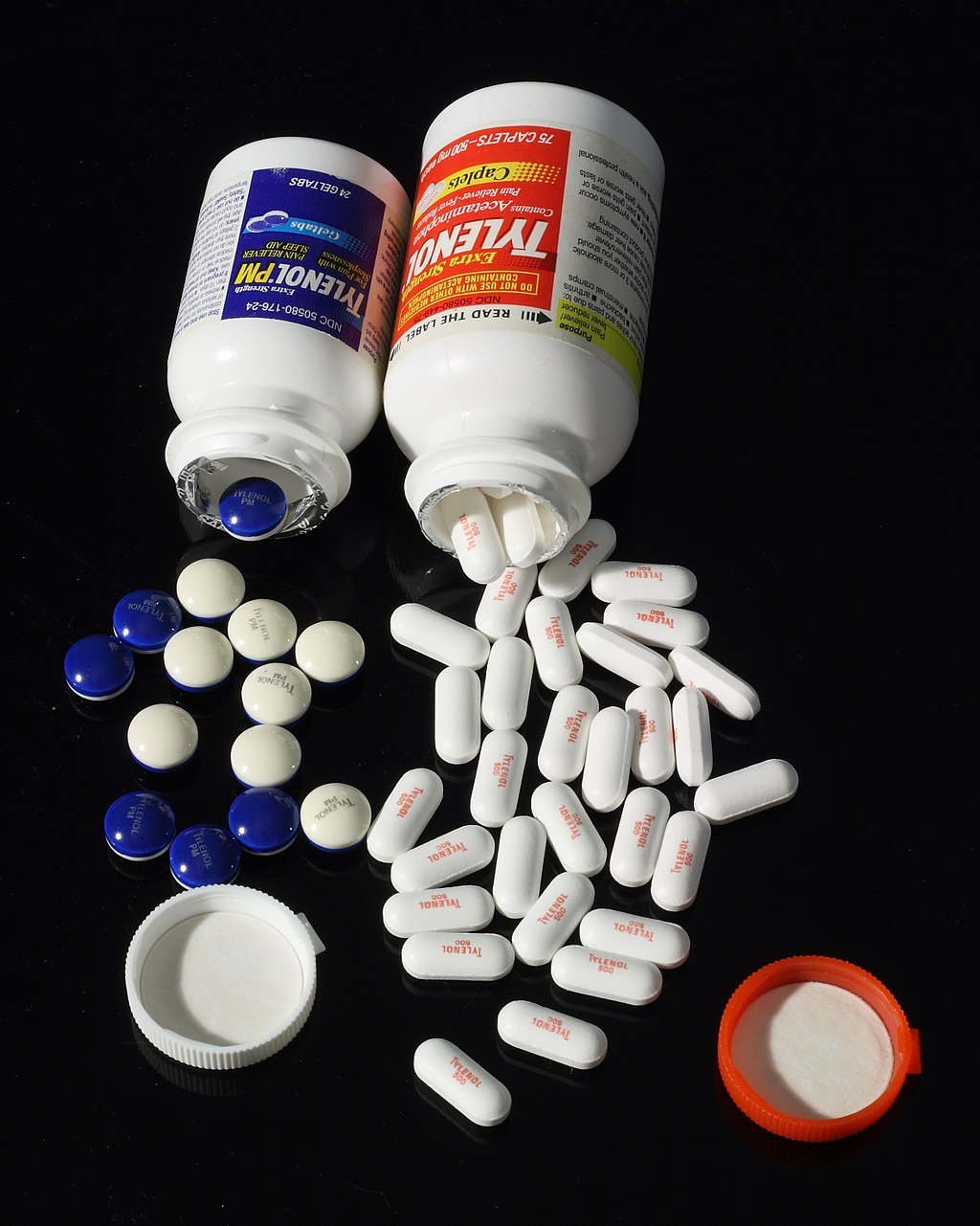Visitors and residents of Japan from overseas often comment that Japanese drugs are ineffective. Perhaps the dosage is not the same or they don’t receive the prescription they were hoping for. To cope, many people import over-the-counter medicines in their bags or have them shipped from home. However, this may not always be legal – see our previous post on (finding ibuprofen in Japan) for information on importing medicines into Japan.
To avoid breaking the law while still receiving the medications you need, there are a few things to do.
Know Where to Find Medications
There are three main ways to find medications in Japan.
The first is to use drugstores. Like in western countries, these sell over-the-counter medicines as well as cosmetics, some basic food products, and other items.
If you need prescription medications, you should try a pharmacy instead. These are typically located next to a hospital or clinic and only sell to customers with a valid prescription from a doctor.
The newest option is to use Amazon Pharmacy, which only went live in 2024. This allows you to purchase prescription medications online, which is ideal if you don’t want to make the trek to a pharmacy (or are unable to do so for some reason). You can also purchase over-the-counter medications on the main Amazon store.
What Medications to Look Out for
When shopping for over-the-counter medications, it’s useful to know what names to look for to ensure you find something similar to what you’re used to.
For pain or fever:
- Tylenol (タイレノール) – acetaminophen
- Eve (イブ) – ibuprofen
- Bufferin (バファリン) – aspirin with antacids
For colds and flu:
- Pabron (パブロン)
- Lulu Attack EX (ルルアタックEX)
For motion sickness:
- Aneron (アネロン)
- Travelmin (トラベルミン)
For digestive issues:
- Stoppa (ストッパ)
- Gaster 10 (ガスター10)
Bringing Medications
If you decide to bring medications from home, be aware that you are only allowed up to a 60-day supply of over-the-counter medications. This also applies to vitamins and even contact lenses. For prescription medications, you are only allowed a one-month supply. There’s also a limit of one medical device (per type) and 24 cosmetics per person.
If you need more than one month’s worth of over-the-counter medication, more than two months’ worth of prescription medication, or than one of the same type of medical device, you should apply for a special certificate of import called a Yunyu Kakunin-sho. Apply at least three weeks in advance.
Prohibited Medications You Mustn’t Bring into the Country
Some western medications that you may take for granted in your home country are illegal in Japan. It’s important to make sure you don’t have any of these in your luggage. They include:
- Nyquil
- Sudafed
- Advil Cold & Sinus
- Lomotil
- Tylenol Cold
- Actifed
- Drioxoral Sinus
- Vicks Inhaler
- Dristan Sinus
These are prohibited due to them containing narcotic or stimulant ingredients in amounts in excess of Japanese law. If you require a prescription medication that contains a narcotic like codeine, oxycodone, or hydrocodone, you’ll need to receive permission in advance from a Regional Bureau of Health and Welfare. Make sure you complete an import application form and provide supporting documentation at least 14 days before you are due to arrive in Japan.
Finding western medications in Japan has become easier since the country began allowing purchases through online retailers. Nonetheless, it may sometimes be challenging to find the exact medication you want in short notice. It’s worth bring some with you as a backup — just make sure none of the medications you’re considering are on the prohibited list.
Ragesoss, CC BY-SA 4.0, via Wikimedia Commons

